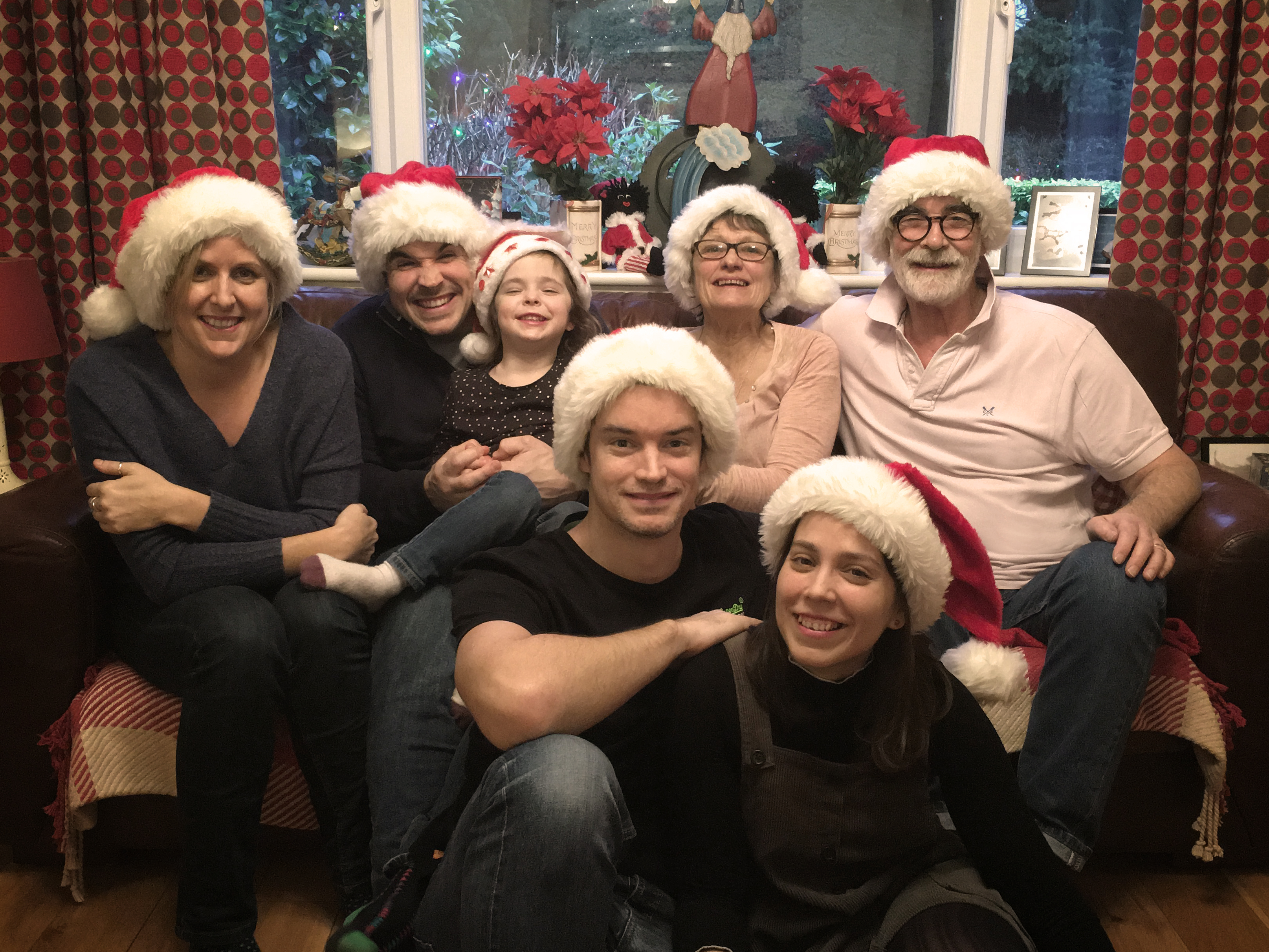One thing is certain, leaving a gift in your Will, no matter the size, will make the world of difference to the life of someone affected by cancer.
We would be truly honoured to be part of your legacy and ask that you consider leaving a gift in your Will to the Pelican Cancer Foundation. Your gift can provide enduring support for our mission to help cancer specialists advance their skills and understanding of precision treatment for bowel cancer and secondary liver cancer, which will help bowel cancer patients live for longer, with a better quality of life.
Every year in the UK over 43,000 people are diagnosed with bowel cancer. Additionally, many people will be diagnosed with secondary bowel cancer meaning the cancer in their bowel has spread to another part of their body.
Cancer continues to cause death and pain in the lives of many – affecting not only individuals but their friends and families too. Thanks to the work that has been done in research and education, a difference has been made, however there is much more that needs to be done.
Pelican’s work makes a fundamental difference to patients’ cancer journey – your support and legacy will directly contribute to our committed work to help patients live well for longer.

Leaving a gift in your Will
When you want to write, update or amend your Will we recommend that you use a solicitor so that it reflects your exact wishes and contains the correct legal wording. If you already have a Will, you can add a Codicil which allows you to make amendments, without the need to re-write your Will. If you don’t already have a solicitor, The Law Society can help you find one in your area.
Whatever arrangements you choose to make, it can be a good idea to have a conversation with your family about your wishes which can avoid any surprises, disappointments, or conflict.
Leaving a gift, no matter the size – is precious and will contribute directly towards our work. There are several ways to leave a gift; you can leave a share of your estate, a fixed sum of money or a gift of a specific item.
Leaving a share of your estate after you have provided for your loved ones can be at any percentage you choose; as this gift is a proportion of your estate, it keeps up with inflation. A fixed sum is a gift of a specific amount of money and it can be advisable to review this from time to time as inflation can reduce its real value. A gift of a specific item can be something particular you wish to leave to the charity, such as a piece of jewellery, antique or property.
Leaving a legacy doesn’t affect your financial position today; it is a written promise that you will leave a set amount of your Estate to a single, or multiple, named charity of your choice. It is possible that leaving a share of your estate to a charity could save in inheritance tax. However, this is a complicated area and specialist advice should always be taken from a solicitor, so you can consider all the options before making your Will.
Decide to leave a gift in your Will today. Let your legacy be part of Pelican’s worldwide legacy; please leave a gift in your Will to Pelican Cancer Foundation.
Leaving a gift, no matter the size, will be greatly valued and will contribute towards advancing our work and improving bowel cancer care.
- £375 could pay for a patient to have an MRI scan within a research trial
- £9,000 could fund a workshop to disseminate vital information to nurses, surgeons and other multidisciplinary clinicians
- £12,000 could fund a clinical database to analyse patient data
- £25,000 could fund seed funding for a new study
- £50,000 could fund a Pelican surgical research fellow for a year
- £400,000 could fund a national development programme tackling challenging topics, disseminate knowledge of innovative research and advances in precision treatment of colorectal cancer
“A massive big thank you to Pelican. These people are amazing. I feel really blessed to have them & their ground-breaking consultants & research behind me.” Anthony Whelan, bowel cancer patient, pictured with his family in Dec 2017
 |
If you’d like to discuss how leaving a gift in your Will could transform the lives of people with bowel cancer,
please contact Jane Staff on 01256 314746 or email j.staff@pelicancancer.org
